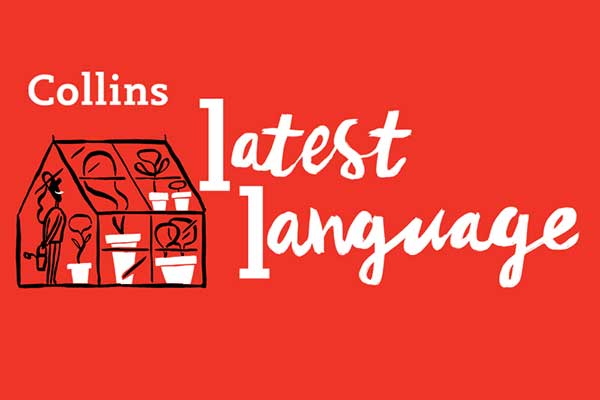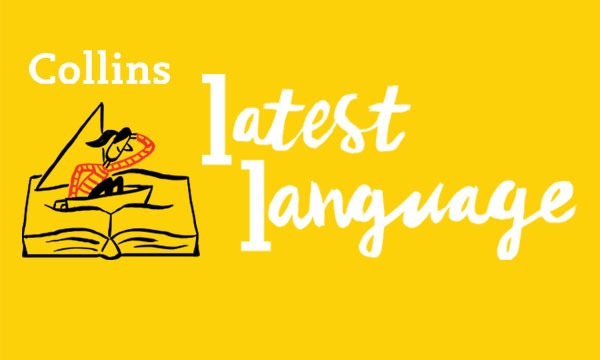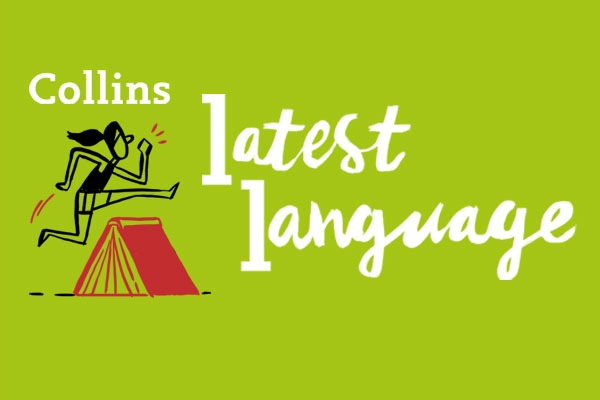Have you ever seen your pet sploot? You may well have done, even if you didn’t know that there was a word for it. This is what an animal does when, instead of tucking its legs neatly under its own body, it lies flat on its stomach and stretches its legs out behind itself. This rather undignified pose suggests that the creature is comfortable and relaxed, and we humans find it so charming that we can seldom resist taking a photo to mark the occasion. As a result, the internet is bursting with cute pictures of pets splooting (or ‘doing a sploot’ if you prefer – the word can be used as a noun as well as a verb).
The sound of the word ‘sploot’ perfectly captures the posture that it describes. It is probably a playful alteration of ‘splat’, and is surely the first word to have hit the mainstream of the English language after being coined in DoggoLingo. DoggoLingo is a simplified form of English used by pets (or could it perhaps be their owners?) who have social media accounts and post about their daily lives using quasi-canine forms such as ‘bork’ (for ‘bark’), ‘pupper’ (for ‘puppy’), and ‘hooman’ (for ‘human’). It also involves words invented to describe characteristic pet behaviours, including ‘blep’ (to stick the tip of the tongue out) and ‘loaf’ (to form one’s body into a near-cuboid shape so as to resemble a loaf of bread). Whether any of these will have a similar impact to ‘sploot’ remains to be seen.
‘Sploot’ is just one of the new words that have been added to the Collins Dictionary this month. Another is bullet journal, which refers to a notebook that you use for recording lists of personal goals, things you need to do, planned activities, and so on, with an index to help you to retrieve information when you need it. This system for organizing your personal admin was devised by Ryder Carroll in 2018 and has already generated a whole industry, with notebooks ranging from basic to luxury models, and specially designed pens, markers, and stickers (often using washi tape) available to assist in the process of maintaining the journal. It has even acquired its own abbreviation, bujo, which is a sure sign of a word that has got its feet under the table.
Another one of February’s noteworthy additions is the acronym EGOT, which is an accolade notionally awarded to someone who, over the course of their career, has won a full set of the top showbiz awards: an Emmy, a Grammy, an Oscar, and a Tony. These span the spectrum of entertainment and the arts, representing the worlds of television, film, recording, and theatre. At the time of writing only sixteen people have achieved this feat, with Alan Menken being the latest in 2020. The acronym was apparently devised as long ago as 1984 but only started to gain widespread use after it was the focus of a storyline in the American TV show 30 Rock. This is a long gestation period before making it into the dictionary when compared with the likes of ‘sploot’ and ‘bujo’, but it just goes to show that you can never be sure if and when a word will catch on.
Written by Ian Brookes, writer and editor.
All opinions expressed on this blog are those of the individual writers, and do not necessarily reflect the opinions or policies of Collins, or its parent company, HarperCollins.



